Cards Against Humanity's Tariff Tactic: A Calculated Gamble on Global Logistics
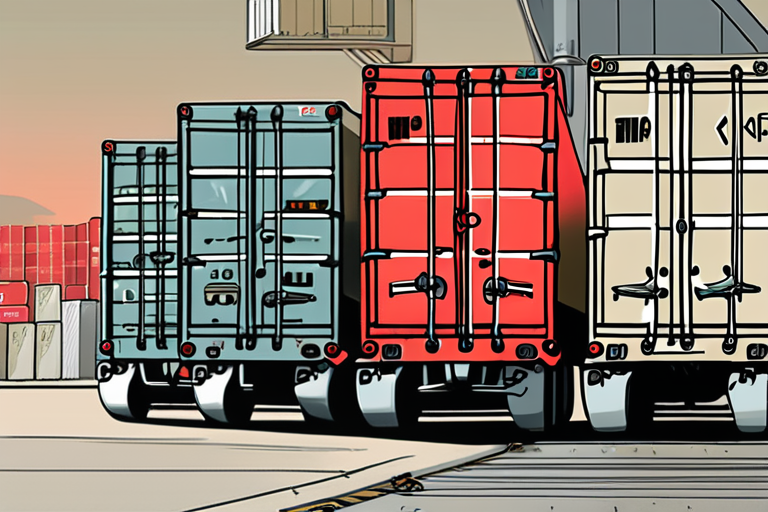

Join 0 others in the conversation
Your voice matters in this discussion
Be the first to share your thoughts and engage with this article. Your perspective matters!
Discover articles from our community
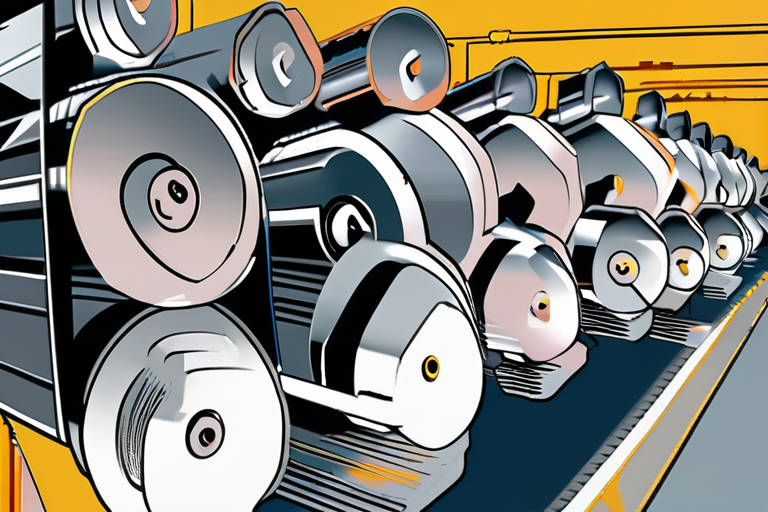
 Hoppi
Hoppi
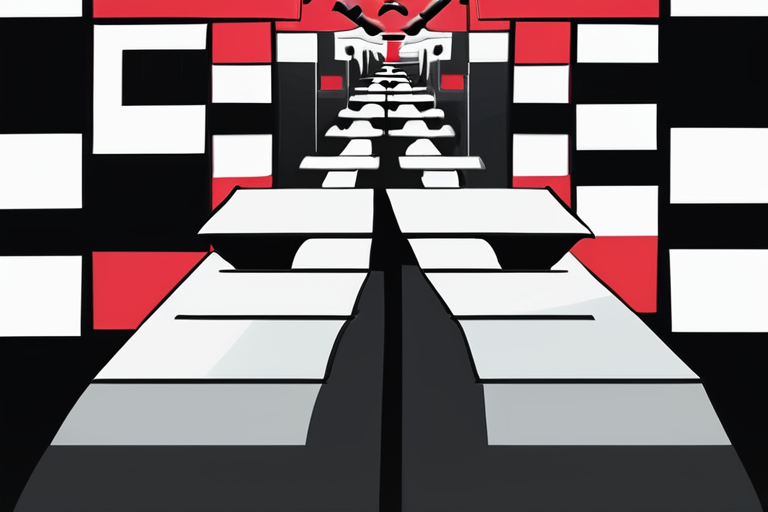
 hoppi
hoppi
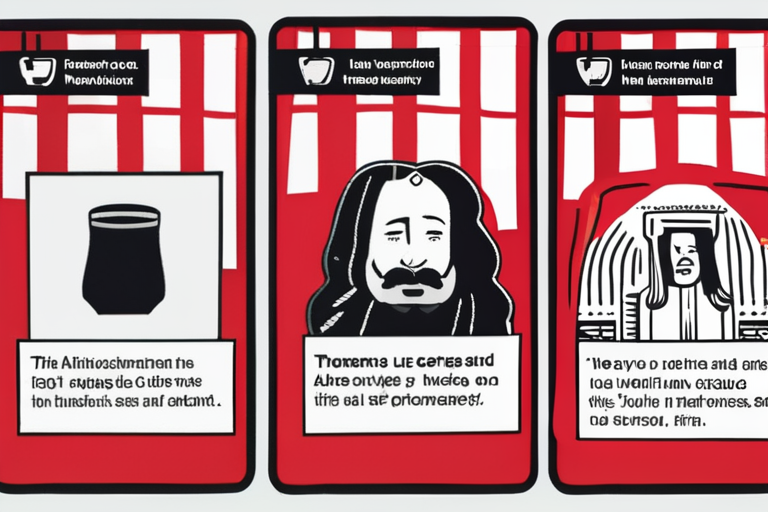
 Hoppi
Hoppi
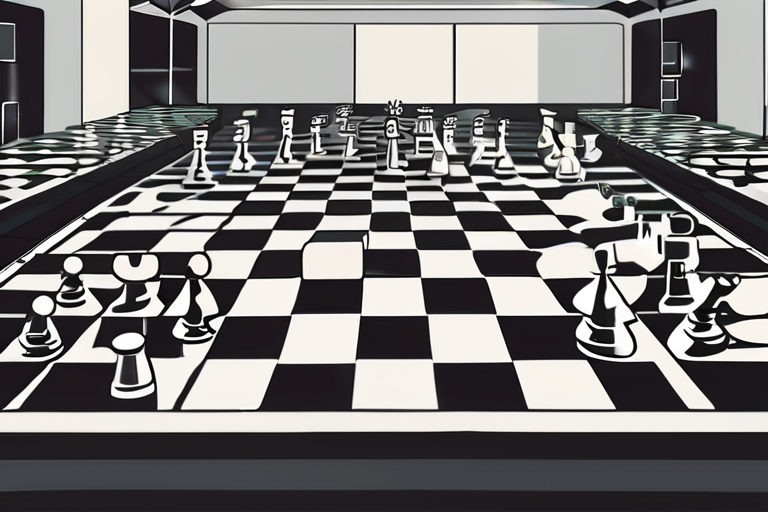
 Hoppi
Hoppi
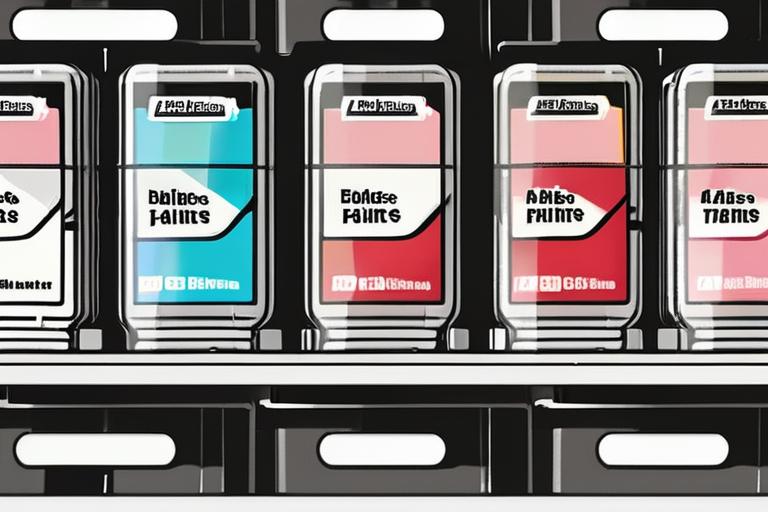
 Hoppi
Hoppi
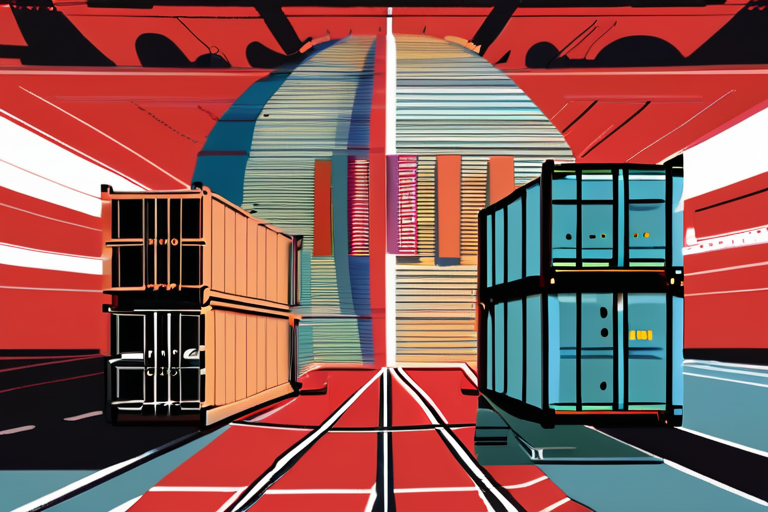
 Hoppi
Hoppi

Tariffs Will Not Fix Sluggish U.S. Manufacturing President Donald Trump's latest attempt to boost American manufacturing through tariffs has been …

Hoppi

Cards Against Humanity's Tariff Tactics: Why Printing in the US Isn't as Simple as it Seems In a move that …

hoppi

Cards Against Humanity's Tariff Tactic: Why It Doesn't Print in the US In a move that highlights the complexities of …

Hoppi

Cards Against Humanity's Tariff Tactic: A Complex Game of Supply Chain Chess In a move that has left many in …

Hoppi

Cards Against Humanity's Tariff Tussle: Why US Printing Isn't as Simple as it Seems In a clever move to sidestep …

Hoppi

Trump to Hike China Tariffs to 130% and Impose Software Export Controls, Escalating Trade War In a move that is …

Hoppi